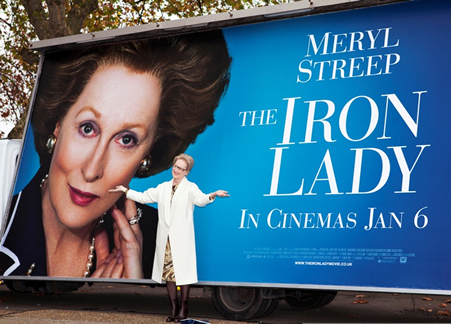Eco Anxiety is Huge Risk In and Of Itself
As I have written here before, many of us are more worried about some environmental risks than the evidence suggests we need to be – mercury, bisphenol a, nuclear power – and less worried about some eco-threats than the evidence tells us we ought to be – climate change, particulate air pollution, acidification of the oceans. These are all risks, but when we are more afraid than the evidence warrants or less afraid than the evidence warns, that ‘Perception Gap’ creates danger all by itself.
The OpEd editors at the New York Times called it ‘Eco-Angst’ in the headline of an essay just published in their series on anxiety in the online “Opinionator” feature. I was privileged to be asked to contribute that piece, and want to share it here. It begins below, then links to the full essay (which also has a really cool graphic!)
Even today, when media warnings about the latest health or safety risk have become commonplace, the incessant drum beat of reported environmental hazards can be truly alarming, leaving us worried, like the followers of Chicken Little, that the sky really is falling. But while plenty of these threats are serious, some of the most frightening eco-bogeymen are not nearly the dangers that many presume. Nuclear radiation, still tangled in many minds with images of atomic blasts, mutant Godzillas and rampant cancer, is nowhere near as harmful to human health as most believe. Industrial chemicals at high enough doses are certainly dangerous, but most, at the low doses to which we’re exposed, are not. Oil spills are certainly horrible, but it takes just a few years before the dynamic ocean breaks down most of the mess — even for the really bad ones — and the recovery is well underway.
Why do our worries about some environmental risks dramatically exceed the actual danger, and more importantly, what do these worries themselves do to us?
(Please do click over to the full piece at the NY Times.)




